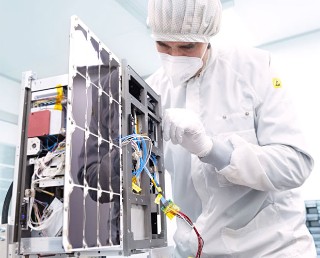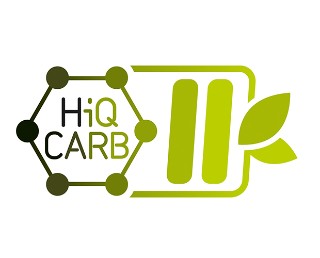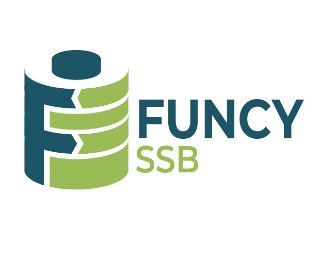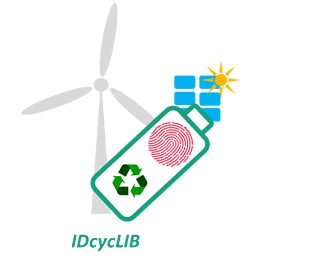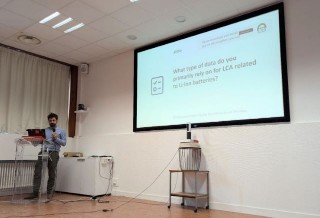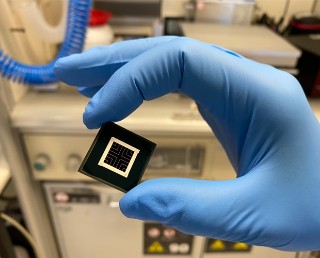
The right choice of materials and a commitment to sustainability are enabling advances in baking technology that not only reduce the impact on the environment but also bring economic benefits to small craft businesses. A textile, PFAS-free, and reusable baking mat reduces waste, lowers energy consumption, and simplifies operational processes in areas that matter most to bakers every day. The team behind the BakeTex research project has been awarded this year's Seifriz Transfer Prize and has been invited to present the project at the special show "Innovation Wins" at the International Craft Fair in Munich from March 4 to 8, 2026.
more info

